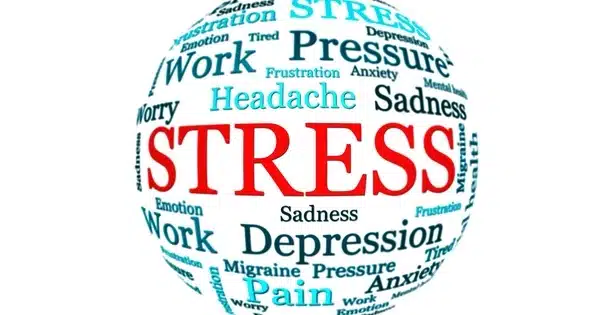Stress management is an essential component of general well-being, both physically and mentally. It encompasses a wide range of treatments and psychotherapies targeted at regulating a person’s level of stress, particularly chronic stress, with the goal of enhancing daily functioning. Chronic stress can be harmful to your health, so it’s critical to develop coping and stress-reduction skills.
Stress causes a variety of physical and mental symptoms that vary depending on the circumstances of each individual. Physical symptoms such as headaches, chest discomfort, exhaustion, and sleep issues, as well as depression, can be among them. One of the cornerstones to living a happy and successful life in modern society is stress management. Life frequently presents multiple demands that can be difficult to manage, but stress management offers a variety of methods for managing anxiety and maintaining overall well-being.
Here are some effective stress management techniques:
- Identify Stressors: Recognize the sources of your stress. Identifying certain stressors might assist you in dealing with them more successfully.
- Time Management: Set reasonable goals and prioritize chores. Divide major activities into smaller, more manageable steps, and use your time wisely. This can help keep you from feeling overwhelmed.
- Healthy Lifestyle: Maintain a healthy diet, obtain frequent exercise, and get adequate sleep. These elements have an important role in stress management and overall well-being.
- Mindfulness and Meditation: Deep breathing, meditation, or yoga are all examples of mindfulness exercises to try. These activities can assist you in remaining present, reducing anxiety, and improving your overall mental resilience.
- Relaxation Techniques: Engage in activities that promote relaxation, such as listening to music, taking a warm bath, or practicing progressive muscle relaxation.
- Social Support: Share your feelings with friends, family, or a support group. Talking about your stressors can provide emotional relief and often helps in gaining different perspectives on the situation.
- Set Realistic Expectations: Be realistic about what you can achieve in a given time frame. Setting overly high expectations can lead to unnecessary stress and disappointment.
Develop an optimistic mindset. Rather than concentrating on difficulties, concentrate on what you can manage and strive to discover answers. Take part in things that you enjoy. Hobbies and leisure activities might help you relieve stress and enhance your general attitude. If stress becomes unbearable, consult with a mental health specialist. Therapy and counseling can provide useful tools and strategies for stress management.
There are various stress management approaches, each with its own explanation of how stress is controlled. Much more research is required to gain a better understanding of which processes truly work and are effective in practice.















